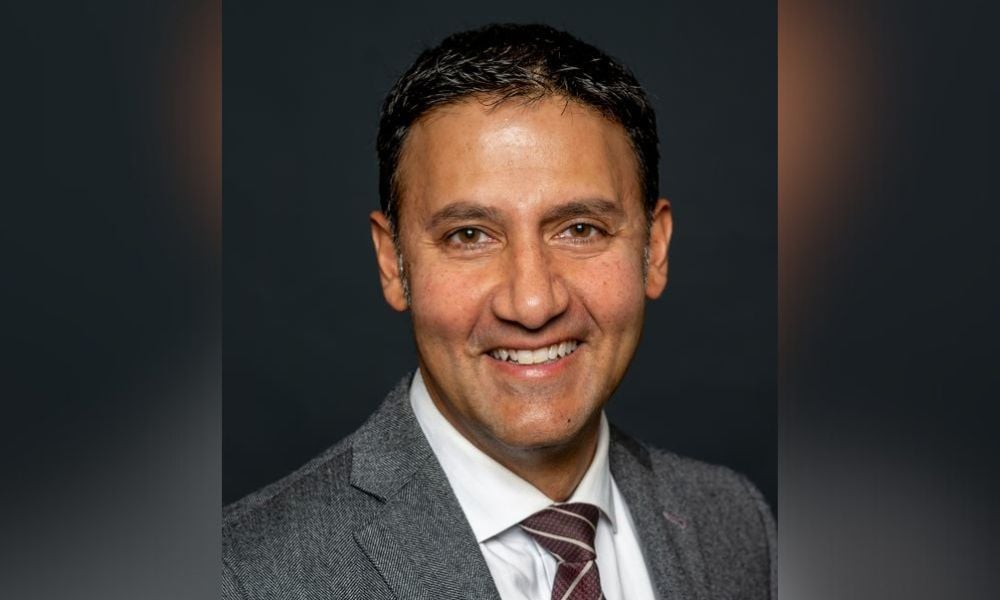The will adequately reflected the deceased's duties and intentions: court

The BC Supreme Court recently rejected Greg Sinitsin's attempt to vary his late mother's will to obtain a larger portion of the inheritance.
The court ruled that the will, which established trusts for her children and grandchildren, adequately reflected the deceased’s duties and intentions. Valued at approximately $2 million, Irene Sinitsin's estate entered legal examination after her passing in August 2020.
Greg, aged 69, had argued for a variation of the will under s. 60 of the Wills, Estates and Succession Act, claiming it failed to adequately provide his maintenance and support. He contended that his share—13 percent or $260,000 of the estate—was insufficient given his financial state and proposed an increase to 20 percent or $400,000.
Drafted in August 2010, the will allocated 13 percent of the estate to each of Irene’s surviving children and 5 percent or $100,000 to most grandchildren. The children of Lynda Kyle, Irene’s deceased daughter, were to receive 11.5 percent or $230,000 each. This structure aimed to benefit Irene’s direct descendants equally while also considering her grandchildren.
Throughout the trial, Greg highlighted his strong relationship with his mother, his dire financial situation, and the absence of a comparable moral obligation to the grandchildren. However, other family members opposed Greg’s claim, pointing out that Irene had given him over $2 million during her lifetime, suggesting the estate distribution was just and aligned with Irene’s intentions.
The court agreed with the defendants, finding that Irene had fulfilled her moral obligations as a judicious parent by treating all her children equally in her will. The court noted that Greg’s financial difficulties resulted from his own life choices, not from any oversight by Irene. “Greg’s financial circumstances are not good, but that is a product of considered decisions he has made on how to live his life,” the court wrote in its decision.
Additionally, the court recognized that Irene and her husband Wilfred’s exceptional generosity during their lives diminished Greg’s moral claim for more from the estate. The decision also supported the use of trusts over direct gifts, a common approach to ensure that inheritances stay within the family and are managed prudently. The terms of Irene’s will, granting trustees discretion over asset distribution, were found suitable and reflective of her intention to balance her son's support with the interests of other family members.










